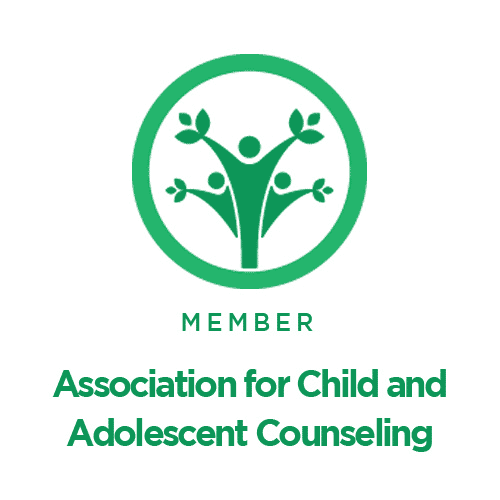Did you know that children can begin lying as early as age 2 or 3? According to a study by Waterloo University, four-year-olds lie on average every two hours and six-year-olds lie approximately every hour. While the thought of having a child that is a liar is frightening for most parents, it’s also a behavior that is a normal part of childhood development. WARNING: Don’t read the next line out loud and don’t repeat it to your children! That’s right, it’s normal for your child to lie and can even be a sign that your child is meeting developmental milestones.
When a young child first begins to lie, it means they understand that their mind and thinking differs from others. As children get older there is a developmental progression that occurs with lying. Like adults, their lies may be to avoid a punishment or consequences, to boost self-esteem, for privacy, power, or to protect someone else. While lying is part of human nature, it’s not a behavior most people condone for themselves or others. Here are some tips on how to handle a child that is a repeat liar:
1. Take a second to think about the situation and why your child is lying about it. Try to understand their thinking and offer an opportunity to tell the truth without punishment. Research shows that threatening your child with a punishment if they lie only leads to more lies.
2. Be calm. While no parent wants their child to lie, the angrier you react to situations, the less likely they will feel comfortable coming to you in the future. On the other hand, create a space that is safe and supportive for them to tell the truth. Make it clear that if they come to you with the truth, you will not become angry with them because the truth is more important. It’s not easy to keep your cool but remember as kids become older you want them to come to you.
3. Praise your child when they tell the truth. It’s easy to become swept away by what the child is telling you and get mad at them. Instead, thank them for their honesty and open communication.
4. Look at lying as an opportunity for skill building. When a child lies it’s okay to give them a consequence-not a punishment. A consequence can be both a positive or a negative and has a clear cause and effect. A punishment is used for negative behaviors and comes from a place of anger. The right consequences motivate your child to good behavior. Punishment causes a power struggle.
An example of a consequence would be: If your child lies about brushing their teeth, you tell them they must do it with you for 3-4 days to show they can handle it before going back to it independently.
A good consequence provides the necessary skills to become an independent person in the future.
5. If your child sees you lie, they will lie. The idea that children may imitate the behavior of their parents, including lying, is rooted in social learning theory and observational learning. Children learn by observing and imitating the behaviors of those around them, particularly significant figures like parents and caregivers.
6. Discuss the difference between big and little lies. Teach them the difference. When parents are transparent about what constitutes a significant lie and why it matters, children are more likely to trust their parents and others around them.
Discussing the ethical implications of lying, especially in terms of the magnitude of the lie, contributes to a child's moral development. It helps them grasp the concept that some lies can have more serious consequences than others.
As discussed above, lying doesn't always indicate a serious issue. If we’re being honest here, we all lie sometimes. You should consider speaking with a mental health professional or your child’s doctor if you’re concerned about a deeper problem that goes beyond what’s developmentally appropriate. Some of these symptoms could look like lying that is getting in the way of relationships, lying for no reason, exhibiting intense rage, lack of empathy, lying that is getting worse with time, or extreme mood swings. It’s important to seek help rather than guess because even some of these symptoms could still be developmentally appropriate. Regardless of how much your child lies, it’s not easy for a parent to endure. The combination of the seeking right professional support and utilizing the above parenting tips can help reduce the behavior. Remember that you’re not alone if your child lies from time-to-time and if anybody tells you different, they’re lying 😉








